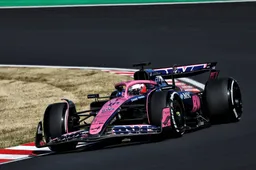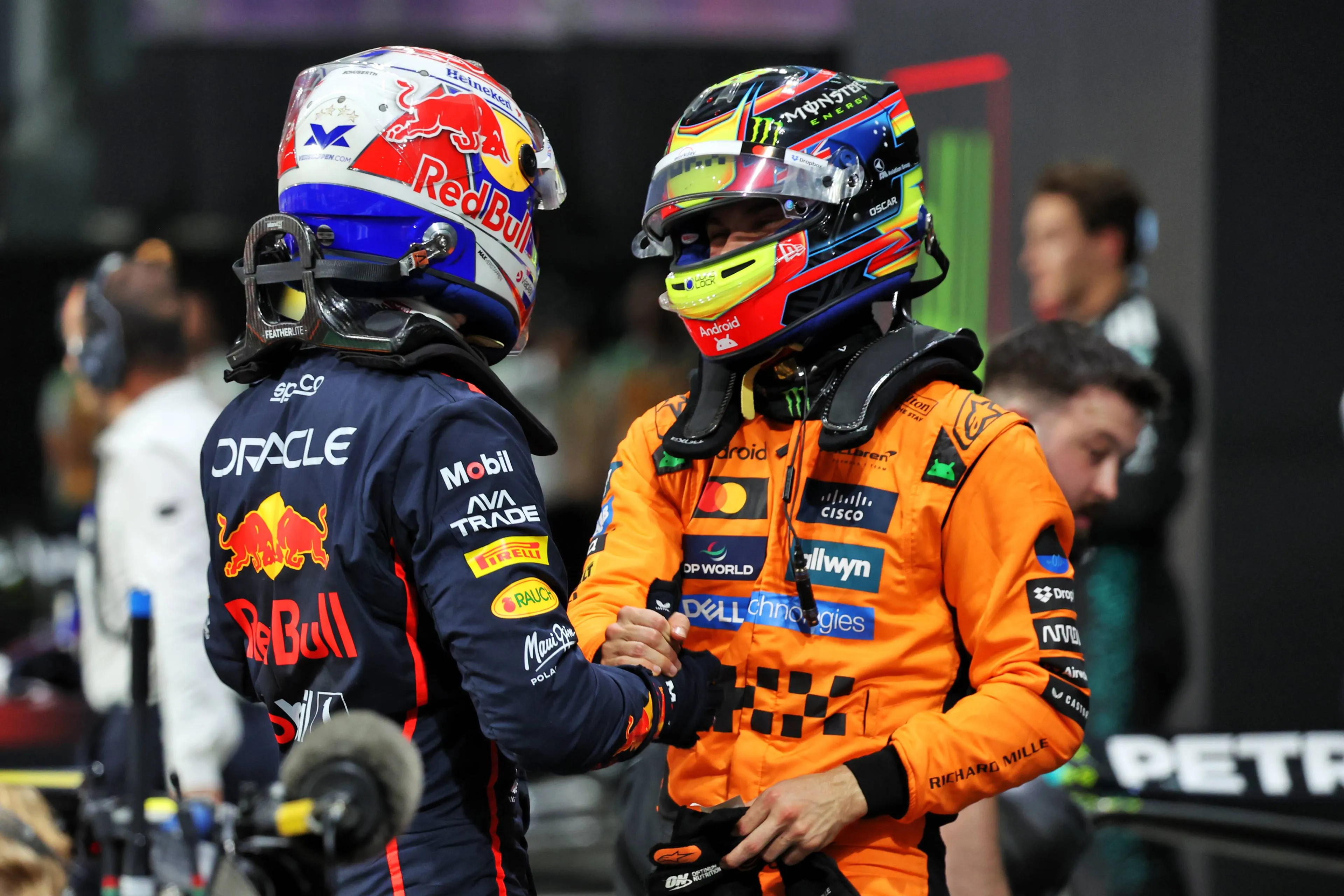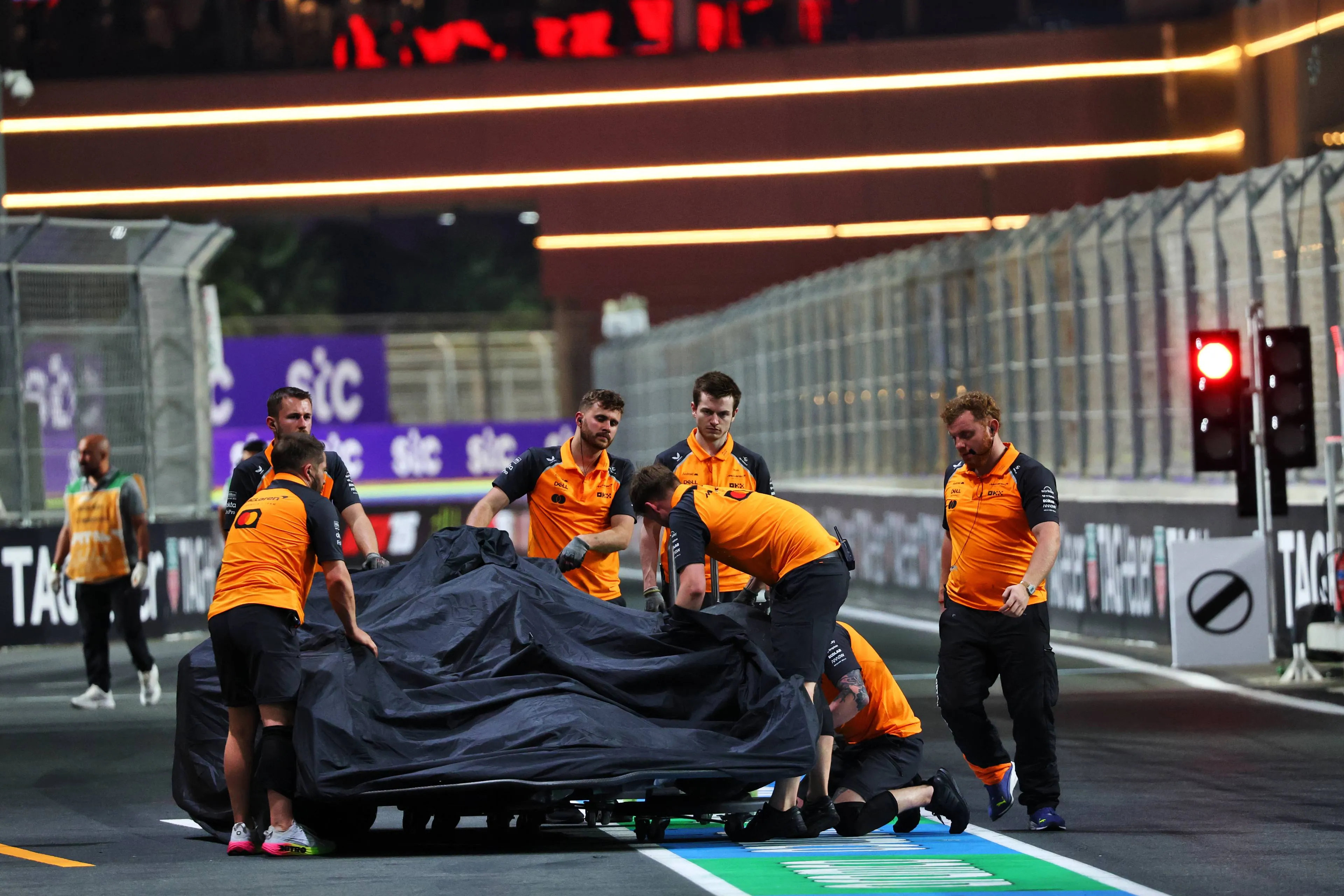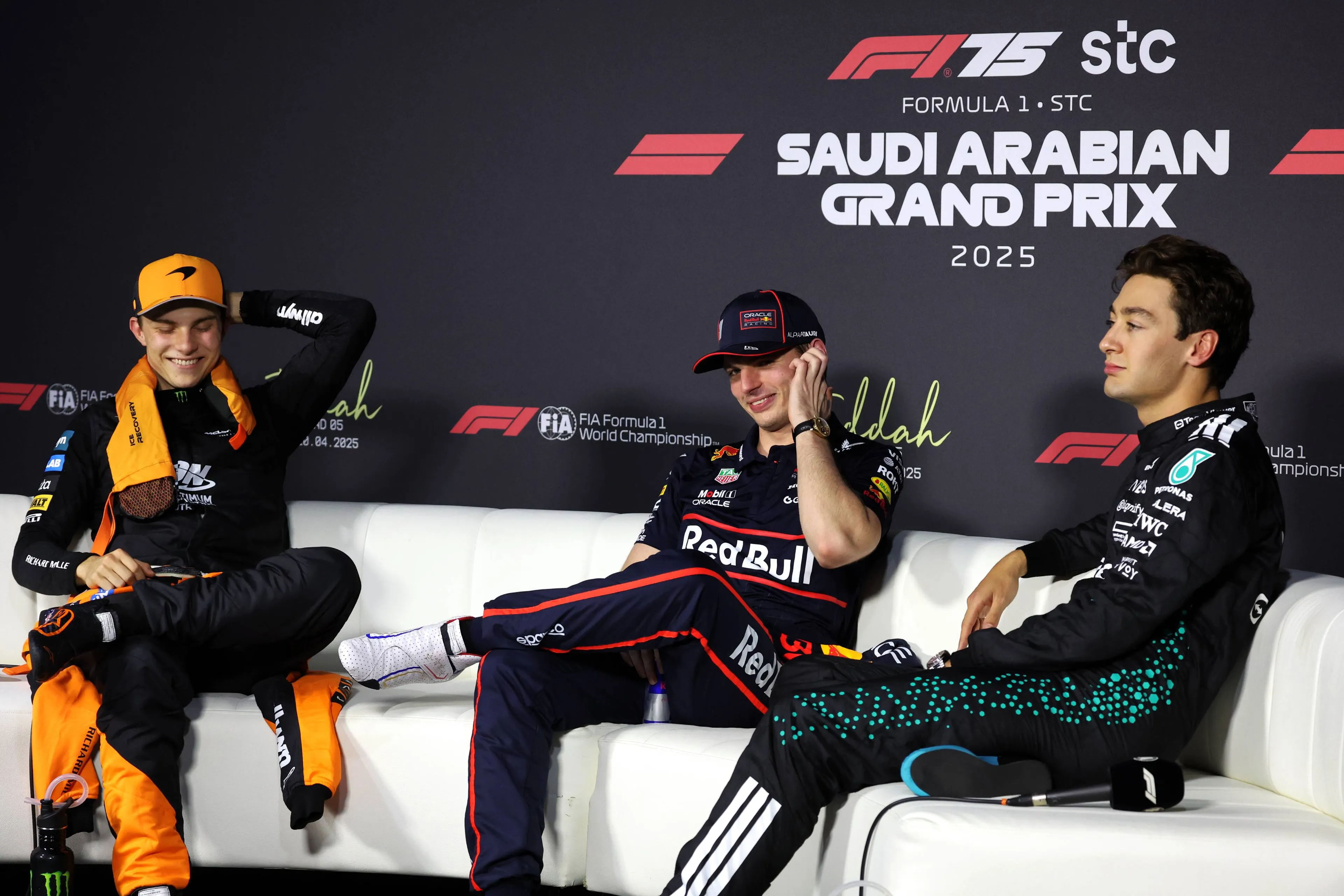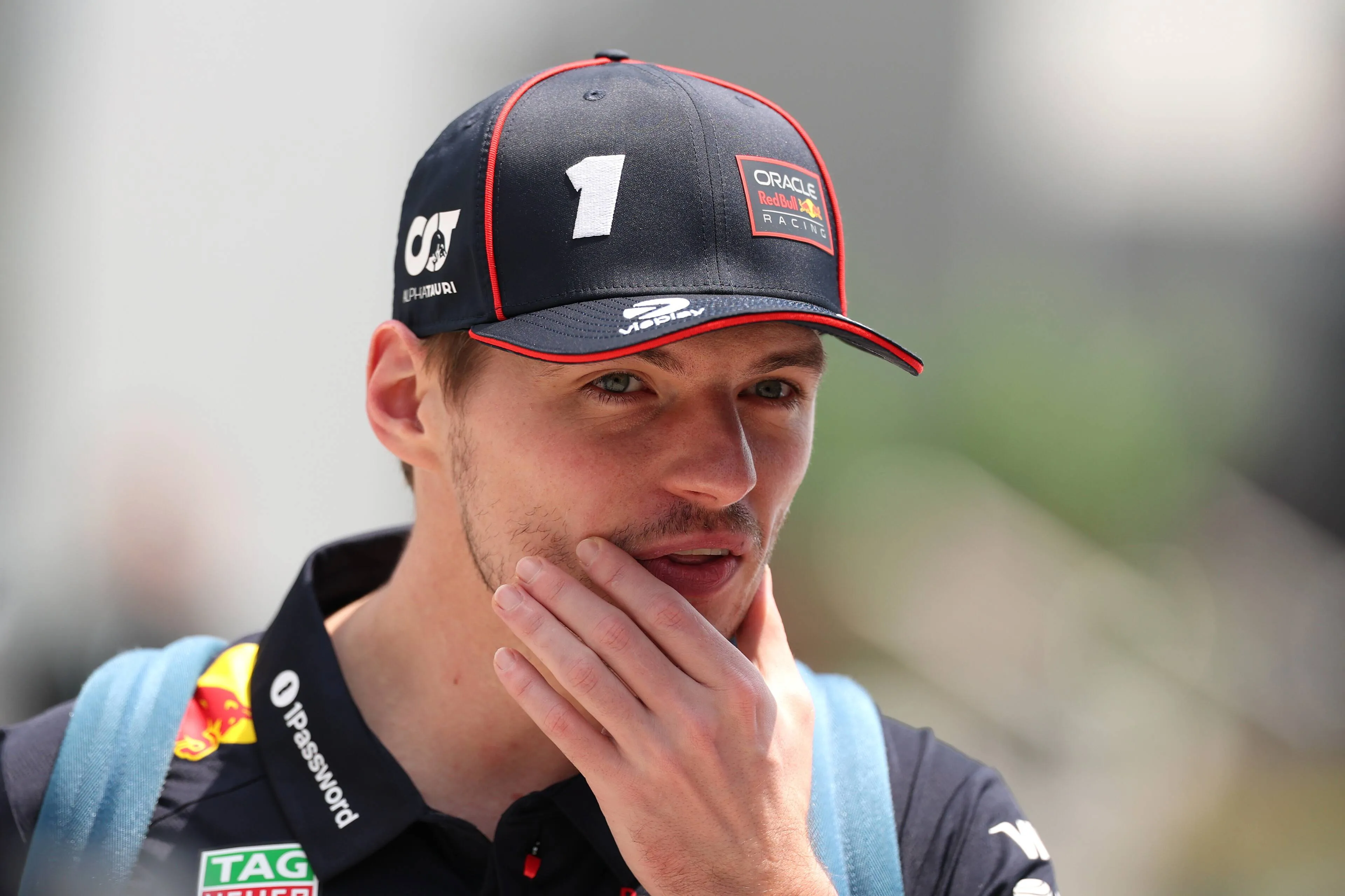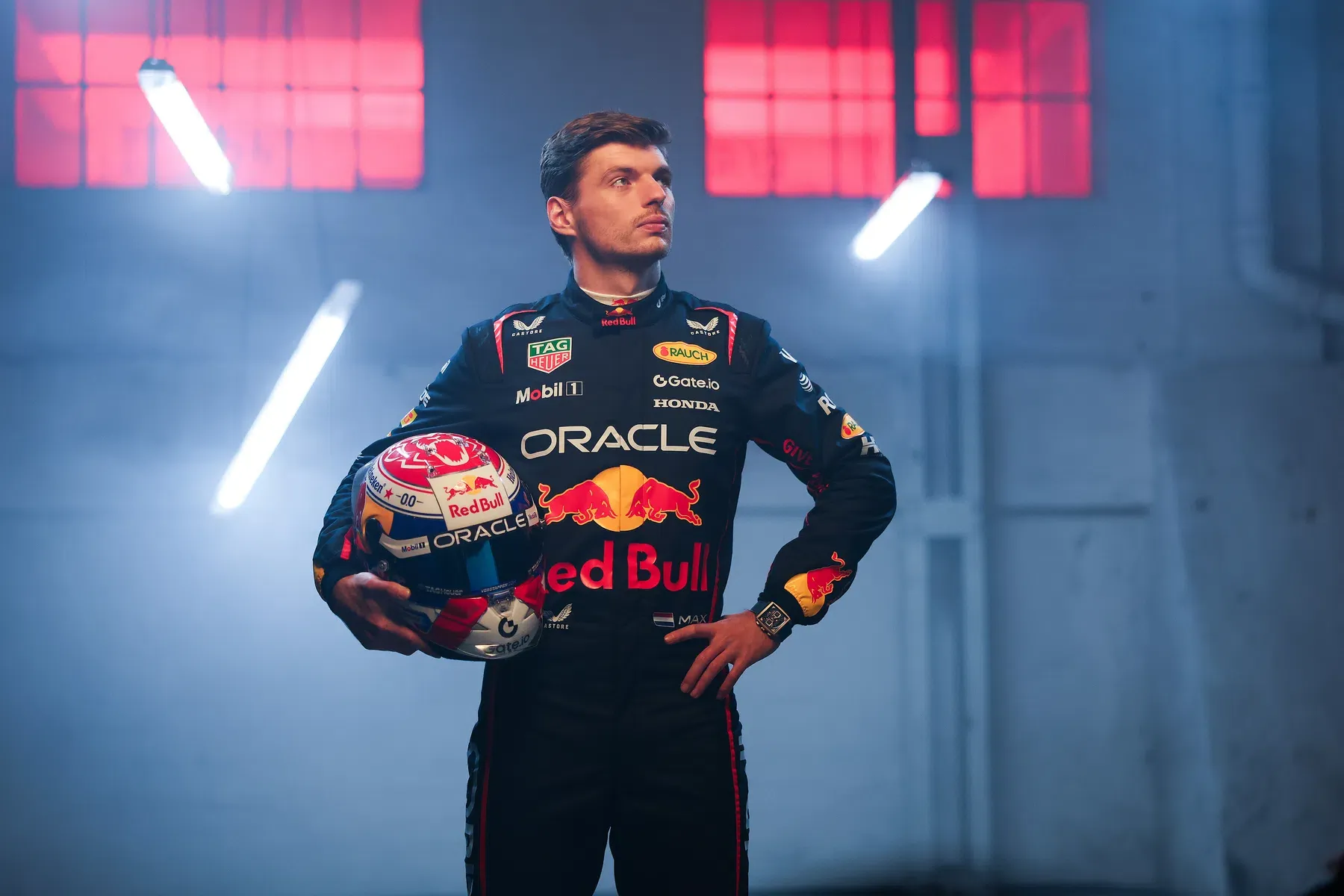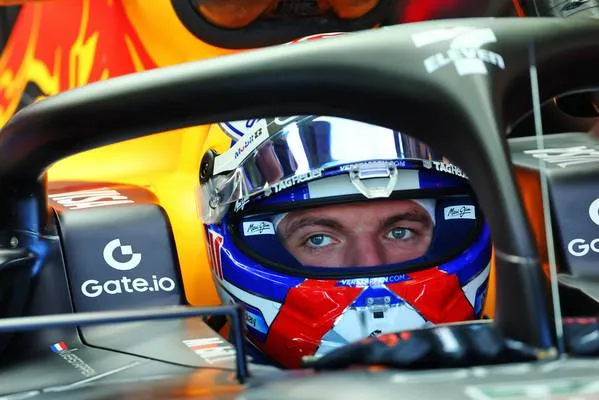When the lights go out and the engines roar on the grid, it’s all about perfection for Max Verstappen. The pressure is even higher in the new Formula 1 season as he and his team continue to develop their championship mindset. His optimism for the performance of the new car is based on significant improvements over previous models. This season is a crucial test for Red Bull Racing and its talented driver. The focus is not just on speed, but on every little detail that can make the difference between victory and defeat. With the introduction of new regulations and technologically advanced setups, the road to the top is more challenging than ever.
Red Bull Racing's strategy and challenges
The internal dynamics within Red Bull Racing have a major impact on team performance. There has been recent criticism of the team's decision to choose Yuki Tsunoda over Liam Lawson, despite Verstappen making his preference known. These strategic choices affect team peace and could be decisive for their overall season performance. Many fans use Telegram casino to follow and develop their own strategies in line with the team. It is essential for Red Bull to find a balance between individual ambitions and team performance. In collaboration with team principal Christian Horner, plans are being made to close the performance gap with competitors such as McLaren. These challenges are not only strategic but also politically charged within the motorsport community.
McLaren's competitive advantage
Under the leadership of Andrea Stella, McLaren has made great progress. With their new car, the team once again shows potential for serious competition. Drivers Lando Norris and Oscar Piastri make for a dynamic duo that is further establishing themselves. While Verstappen focuses on Red Bull's own internal dynamics, it is important not to underestimate McLaren's rise as a competitor. Technical progress and strategic consistency have placed McLaren at the forefront of the contingent, with their performance under the current regulations particularly notable.
Technical and regulatory influence in F1
The influence of new regulations is clearly felt in every race. Especially during Sprint weekends, where the rules are applied more quickly under parc fermé, teams optimise their setups in only limited practice sessions. Verstappen and his team have used these conditions to implement innovative approaches that strengthen their dominant positions. The strategic ability to quickly switch and adapt to these regulatory changes is crucial for a successful campaign throughout the season. This progressive approach underlines the importance of technological adaptations in a rapidly evolving sport.
Dynamics of Sprint Weekends
Sprint weekends offer unique opportunities and challenges for the teams. These exploration opportunities challenge teams to perfect their car set-up and race strategies within a short period of time. For Verstappen, each Sprint weekend is a test of character and tenacity, where he can demonstrate his natural talent and strategic insight in stressful scenarios. Success in this requires not only an excellent machine and a determined team, but also a strategic mastermind who can intuitively sense the subtleties and nuances of each race. This dynamic makes Sprint weekends an exciting test for any serious title contender.
In the new season of challenges and opportunities, Max Verstappen looks forward to finding perfection in every aspect. As he strengthens his strategic vision in partnership with Red Bull Racing, his focus and commitment remain the core control vector for success. Read more about his career and achievements on his Wikipedia page.
Whether you are a passionate fan or follow your strategies via Telegram casino, the Formula 1 season promises intense excitement and spectacle. Maximum performance and strategic masterstrokes are the ingredients for an unforgettable year in motorsport history.
Read more about:
Popular on GPBlog
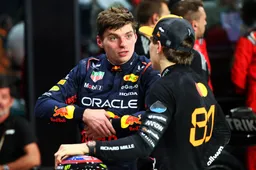
1
Norris crash gave Lambiase crucial idea says Max: 'It was the right call'
862 times read
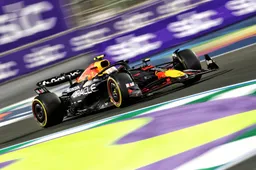
2
F1 Live | Follow Qualifying for the 2025 Saudi Arabian Grand Prix!
812 times read
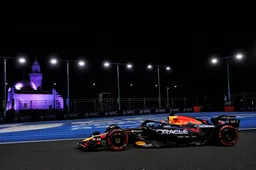
3
Max Verstappen flies to pole in Jeddah, Norris crashes out!
677 times read

4
Red Bull executives threatened to resign if Horner was fired
673 times read


